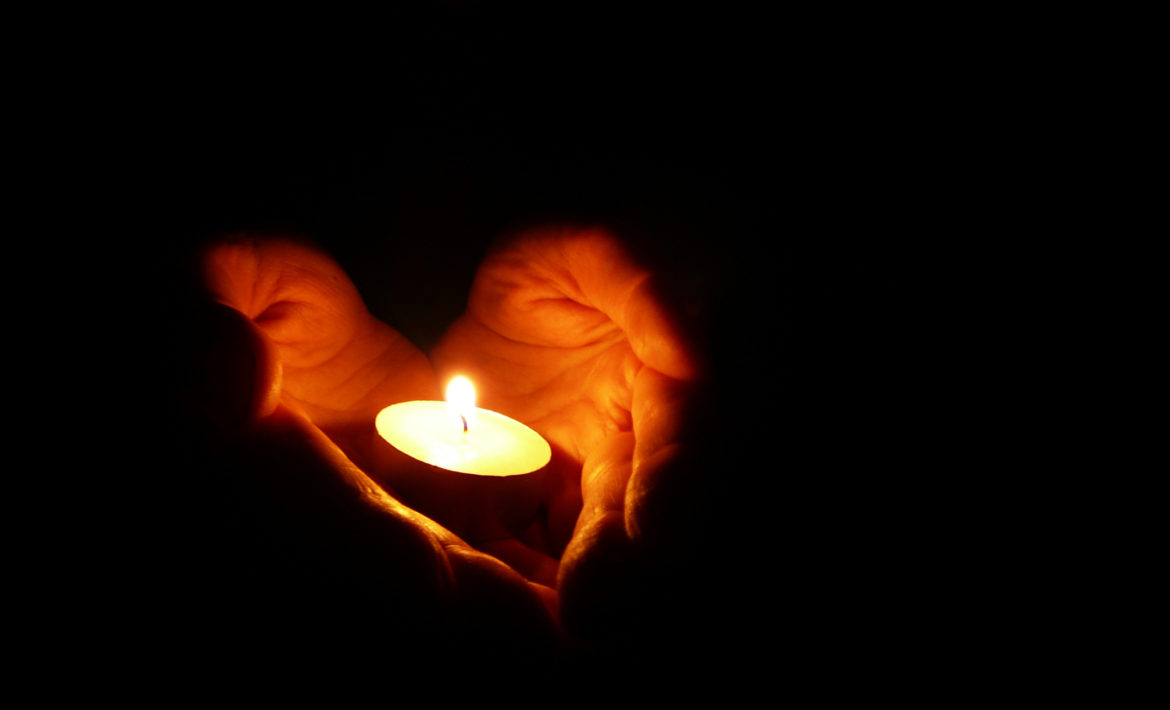
Nkosi Sikelel’ Africa
 This summer will be 9 years since I spent a month in South Africa for the 2010 World Cup. I was able to share in some experiences and meet some outrageously cool people, and I’ve always had a desire to go back. South Africa has had its share of struggles in the past, from its hideous apartheid years to the rampant crime since, but for this one month while hosting the world’s biggest sporting event, the present looked pretty good. I was surprised to see recently that South Africa is slowly legislating its way towards the seizure of white-owned farms without compensation. Most with a Caucasian complexion, apart from those on the leftist political fringes, will react with consternation to the news. Some, but nowhere near all, of my African friends are all for it. The whole issue may feel distant and foreign, but as Christians, it should cause us to think seriously about right and wrong, and vengeance and justice.
This summer will be 9 years since I spent a month in South Africa for the 2010 World Cup. I was able to share in some experiences and meet some outrageously cool people, and I’ve always had a desire to go back. South Africa has had its share of struggles in the past, from its hideous apartheid years to the rampant crime since, but for this one month while hosting the world’s biggest sporting event, the present looked pretty good. I was surprised to see recently that South Africa is slowly legislating its way towards the seizure of white-owned farms without compensation. Most with a Caucasian complexion, apart from those on the leftist political fringes, will react with consternation to the news. Some, but nowhere near all, of my African friends are all for it. The whole issue may feel distant and foreign, but as Christians, it should cause us to think seriously about right and wrong, and vengeance and justice.
Many will be quick to point out that when Zimbabwe tried the same thing 20 years ago, the result was catastrophic. The land reform policies, meant to restore the vast amounts of white owned rural land to the African people, were arbitrary, violent, and corrupt. They enriched dictator Mugabe and his allies, while destroying one of the continent’s model economies. Critics will point out that the country’s most successful farmers, most of whom had been there for generations, were forcibly deprived of their land just because of their race. Many of the same critics, however, will shy away from the other questions, such as how huge amounts of African land became white-owned in the first place.
The motive for land reform should be easy to understand. As early as the 1600s, Dutch settlers (Boers) and English traders were arriving on the coast of South Africa, carving out ever growing territories and forming alliances with various chiefdoms. By the 1800s, with the discovery of diamonds, Europeans were pouring in, and with tensions rising, the British invaded Zululand, southern Africa’s premier military force. Superior firepower and tactics led to British victory in the Anglo-Zulu war of 1867, and Zululand was restructured as a British colony. In the following years, as the British colonies and competing Boer republics consolidated their power, laws for blacks, Indians, and other non-whites gradually became more restrictive. By the end of World War II, while the rest of the world was celebrating the Allied victory, South Africa was transforming itself into a grotesque, Nazi-inspired, segregationist’s fantasy land. Unlike the United States during the horrors of the Jim Crow days, where the majority population oppressed a smaller percentage of the population, white South Africans had managed to disenfranchise an entire country in the service of a tiny minority.
Apartheid finally collapsed in 1994, and the transition was miraculously peaceful. Many changes have come quickly under democratic, majority rule, but ownership of rural farmland is still a sticking point. While many non-whites have risen from rags to riches, a government audit in 2017, 23 years after equal opportunity was restored, shows that 72% of private farmland remains in the hands of a 9% white minority. For many South Africans, those statistics are unacceptable; progress is too slow. The land was taken once, and it must be taken back.
While we may not have to wrestle with an issue quite like this, our brothers and sisters in South Africa do. So where do we even start? Over the past year or so, mostly with the inmates at the jail, I’ve had the chance to study and discuss God’s law as given in the Old Testament, its purpose, and how we apply it today. For starters, we have the 10 commandments and their summary in what Jesus called the greatest commandments. Far from being a simplistic list of do’s and don’ts, these commandments are a picture of God’s own character, and a blessing to all peoples for all time. We also have, in detail, how these principles were to define a specific culture for a particular time, in the laws given to the Israelite’s in Exodus and Deuteronomy. So how do these things apply to a place like South Africa? Some have said that what happened is inevitable when two such disparate societies collide. Is it though? What does “you shall not steal” look like in 1652 on the shores of Cape Town, or on the Great Trek inland in the 1830s, or on successful commercial farms in 2019? What does it look like to “love your neighbor as yourself” in Johannesburg in 1950? Or 1994? Or now?
It is neither my place, nor in my capacity to make judgements on how South African society should move forward, but there are a couple things we can remember. Land reform critics often reflexively ask why we can’t just leave well enough alone. The argument is often the same here in the U.S. The laws have been righted, the playing field is now level, can’t we leave the past where it belongs and progress from where we are now? Can’t everybody just do the best they can to live a decent life? Can’t we just get over it and move on?? Well, no, we can’t. Because the official policy of an entire country, both in South Africa and the United States, for a vast majority of its history, was evil. It was sin, and sin has consequences. Serious, long-lasting, dire consequences. For the entire nation. When farms are sacked, or neighborhoods burn it’s not just because a group of thugs is acting out at random in a historical vacuum. “Sin is a reproach to any people” (Prov 14:34b) and we don’t get to indignantly wish away the consequences just because they are inconvenient.
At the same time, there is a sharp distinction between justice and vengeance. In select cases, some kind of land reform may be the right thing to do, but a vengeful heart will never be satisfied by farmland or cash equivalents or race quotas. From the French revolution to Zimbabwe’s land seizures, vengeance has only led to destruction and despair. The only thing that that will truly bring peace and closure is the gospel, in all its glorious, restorative power. More than anything else, South Africa needs Jesus.
Most South Africans support come kind of land reform, but a majority also opposes seizure without compensation. If the country moves in that direction, the economy will almost certainly suffer. Yet this too, would be more ripple effect from errors already made. If South Africa can act in a genuine pursuit of righteousness, and with it, justice, then the whole country and all its people will be blessed as result (Prov 14:34a).
I didn’t arrive in South Africa that summer until the second week of the tournament, so I had to settle for watching the opening match here on TV, South Africa vs Mexico, played in the sparkling new Soccer City Stadium just outside Johannesburg. The whole country was buzzing; they had been waiting in eager anticipation of this moment for years. As kickoff approached and teams lined up for the national anthems, the US commentators, in a rare move, went silent, saying, “Listen to this. This is going to be special.” Then 80,000 people stood and sang Nkosi Sikelel’ Africa (God Bless Africa). Of all the World Cups I have followed, it is still the opening ceremony I remember the most. Nkosi Sikelel’ Africa. Amen to that.
*While researching for this article, I learned that there was a line of the Bridgman family that spent almost 90 years in South Africa as missionaries to the Zulu people, from 1860 until 1949. Their work there ended the year after the apartheid regime came to power. The Bridgman Memorial Hospital, in Johannesburg, was the largest hospital for women in the southern hemisphere until it was forcibly closed in the 1960s because of its service to black Africans in a mostly white part of the city.
-Oberlin College Archives http://oberlinarchives.libraryhost.com/?p=collections/controlcard&id=394
by Ian Bridgman

